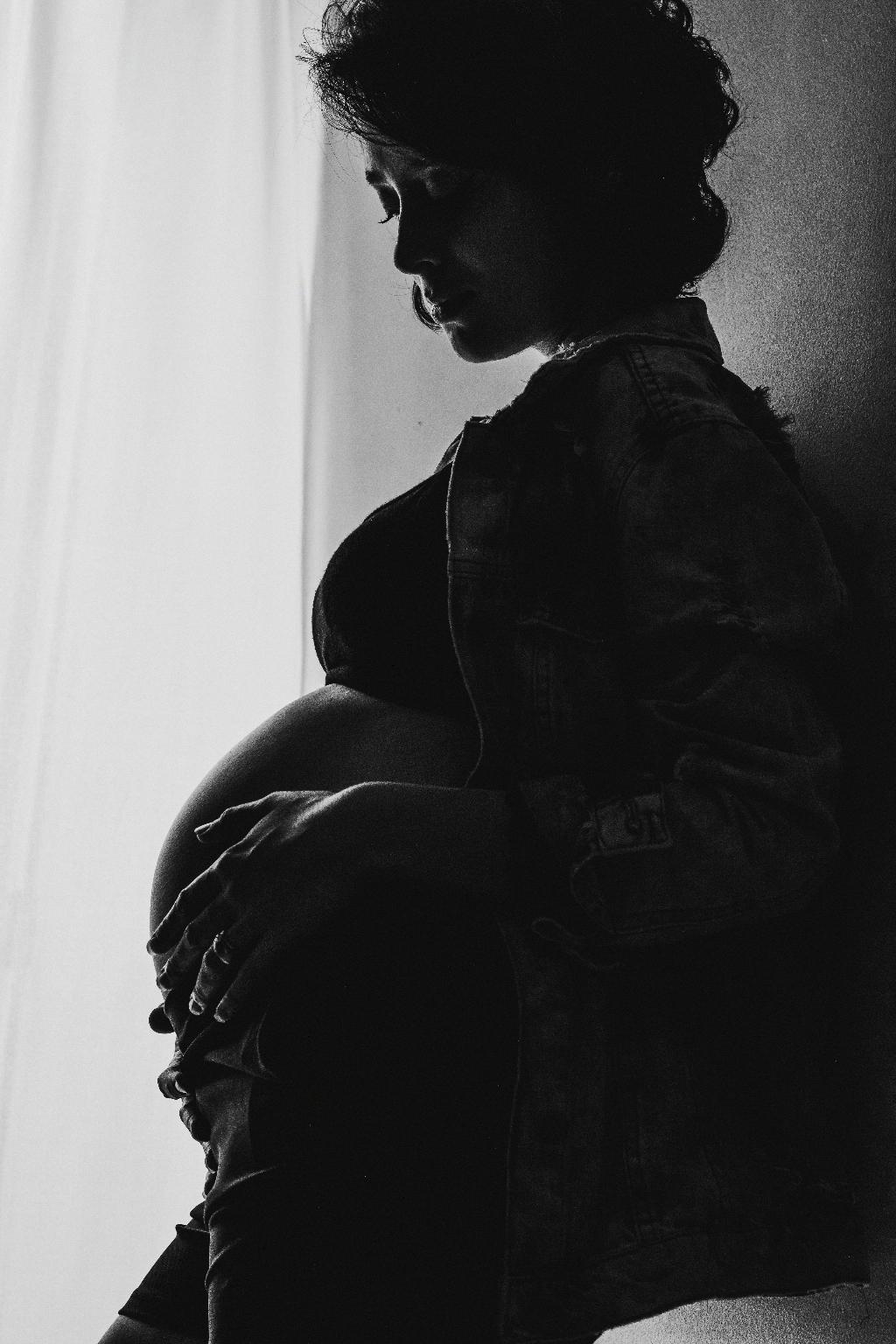When it comes to the possibility of being pregnant while still experiencing what seems like a menstrual period, it can be a bit tricky to determine the exact circumstances. In general, for most women, pregnancy and having a period are mutually exclusive events. Typically, if someone is pregnant, they should not be having a period. However, there are scenarios where bleeding can occur during pregnancy, leading to confusion and uncertainty.
One common phenomenon that can cause confusion is implantation bleeding. This occurs when a fertilized egg attaches itself to the lining of the uterus. The bleeding associated with implantation can be mistaken for a period since it often happens around the same time a woman would expect her menstrual cycle to begin. It is usually lighter and shorter than a regular period, and some women may confuse it with spotting rather than a full period.
It’s important to note that not all bleeding during pregnancy is necessarily a cause for concern. While any unexpected bleeding should be evaluated by a healthcare provider to rule out potential complications, it’s not uncommon for some women to experience minor bleeding that resembles a period even after they have conceived. This can make it challenging to determine pregnancy solely based on the presence or absence of a period.
In some cases, individuals may mistake other types of bleeding for a period when they are, in fact, pregnant. For example, some women may experience hormonal fluctuations or breakthrough bleeding that resembles menstruation. Additionally, conditions such as ectopic pregnancy or molar pregnancy can cause abnormal bleeding patterns that may be confused with a period.
Factors such as birth control methods, stress, weight changes, and underlying health conditions can also impact menstrual cycles and bleeding patterns, further complicating the distinction between pregnancy and having a period. It’s essential to consider these factors when evaluating the likelihood of pregnancy in the presence of bleeding that mimics a period.
While getting a period is generally a strong indicator that a person is not pregnant, it is not an absolute guarantee. If there is any doubt or uncertainty regarding pregnancy status, it is advisable to take a pregnancy test and consult with a healthcare provider for further evaluation. The presence of bleeding alone is not enough to definitively determine pregnancy, and additional testing may be necessary to confirm or rule out pregnancy.
Overall, the relationship between pregnancy and menstruation is complex and varied, with many factors influencing the presence or absence of bleeding in pregnant individuals. While it is possible to experience bleeding that resembles a period during pregnancy, this is not the norm for most women. Understanding the nuances of pregnancy-related bleeding can help individuals make informed decisions about their reproductive health and seek appropriate medical guidance when needed.

